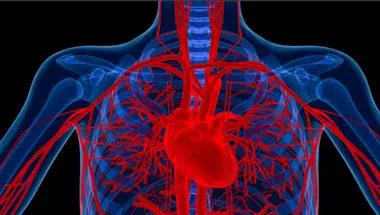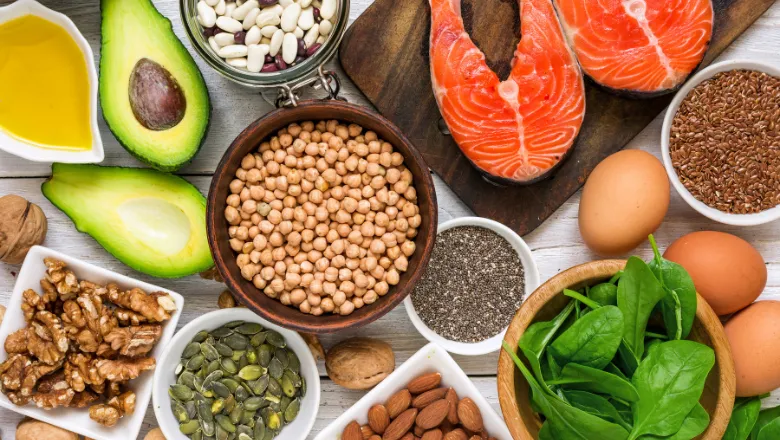
Dr Yemisi Latunde-Dada
Senior Lecturer
Research interests
- Nutrition
Biography
Dr Yemisi Latunde-Dada is a Senior Lecturer in the Department of Nutritional Sciences. Her research interests focus on iron nutrition, metabolism and molecular biology. Specifically, as a member of the Metal Metabolism Research Group, she was involved in the characterisation of iron metabolism genes and proteins in the mammalian system. The group has contributed immensely to the global understanding of iron transport and metabolism. Three key genes Dcytb, coding for a ferric reductase, Ireg1, for a basolateral iron transporter, and HCP1 for a haem carrier protein were isolated and their protein products characterized and functionally analysed. Her interest in iron metabolism research includes studies on the anaemia of chronic kidney disease and evaluation of iron and cancer interactions. Her research has also been on the bioavailability of iron nano-compounds and amino acid iron chelates in cell culture and animal studies. She is a member of a collaborative group currently studying the bioavailability of iron and zinc from wheat in human subjects. She has recently commenced studies on ferroptosis, a form of programmed cell death akin to apoptosis, that is induced by iron and lipid peroxidation. She is an Editor for the Nutrient Journal and a Review Editor for Frontiers in Pharmacology. She is a Registered Nutritionist, and a member of the Nutrition Society, the American Society for Nutrition, the Biochemical Society, the European Iron Club and the International BIOIRON Society.
Research

Physiological Oxygen Laboratory
Cardiovascular - Physiological Oxygen Laboratory

Phytochemicals
Phytochemicals are plant secondary metabolites. Currently, more than 10000 different types of phytochemicals have been identified, and many still remain unknown.

Bioaccesibility & bioavailability of nutrients and bioactives
Iron deficiency (ID) and iron-deficiency anemia (IDA) are global problems that affect more than 2 billion people accounting for 0.8 million deaths annually worldwide. Consequently, sustainable food-based approaches are being advocated to increase the intake of foods with high iron content and bioavailability.

Mineral nutrition and metabolism
Since trace elements are involved in virtually all biological processes, biometals research is relevant and can be applied across the areas of biomedical and health research.

Safe and sustainable diets for a healthy body and mind (SSuDs)
This Research Interest Group on Safe and Sustainable Diets for a Healthy Body And Mind provides a unique opportunity for the King’s research community to address the challenges of safe and sustainable diets across a range of health outcomes
News
Researchers awarded NIHR funding to re-assess UK dietary reference values for iron
Researchers from King’s College London and the University of East Anglia, Norwich, have been awarded a £500,000 grant from the National Institute for Health...

Research

Physiological Oxygen Laboratory
Cardiovascular - Physiological Oxygen Laboratory

Phytochemicals
Phytochemicals are plant secondary metabolites. Currently, more than 10000 different types of phytochemicals have been identified, and many still remain unknown.

Bioaccesibility & bioavailability of nutrients and bioactives
Iron deficiency (ID) and iron-deficiency anemia (IDA) are global problems that affect more than 2 billion people accounting for 0.8 million deaths annually worldwide. Consequently, sustainable food-based approaches are being advocated to increase the intake of foods with high iron content and bioavailability.

Mineral nutrition and metabolism
Since trace elements are involved in virtually all biological processes, biometals research is relevant and can be applied across the areas of biomedical and health research.

Safe and sustainable diets for a healthy body and mind (SSuDs)
This Research Interest Group on Safe and Sustainable Diets for a Healthy Body And Mind provides a unique opportunity for the King’s research community to address the challenges of safe and sustainable diets across a range of health outcomes
News
Researchers awarded NIHR funding to re-assess UK dietary reference values for iron
Researchers from King’s College London and the University of East Anglia, Norwich, have been awarded a £500,000 grant from the National Institute for Health...

